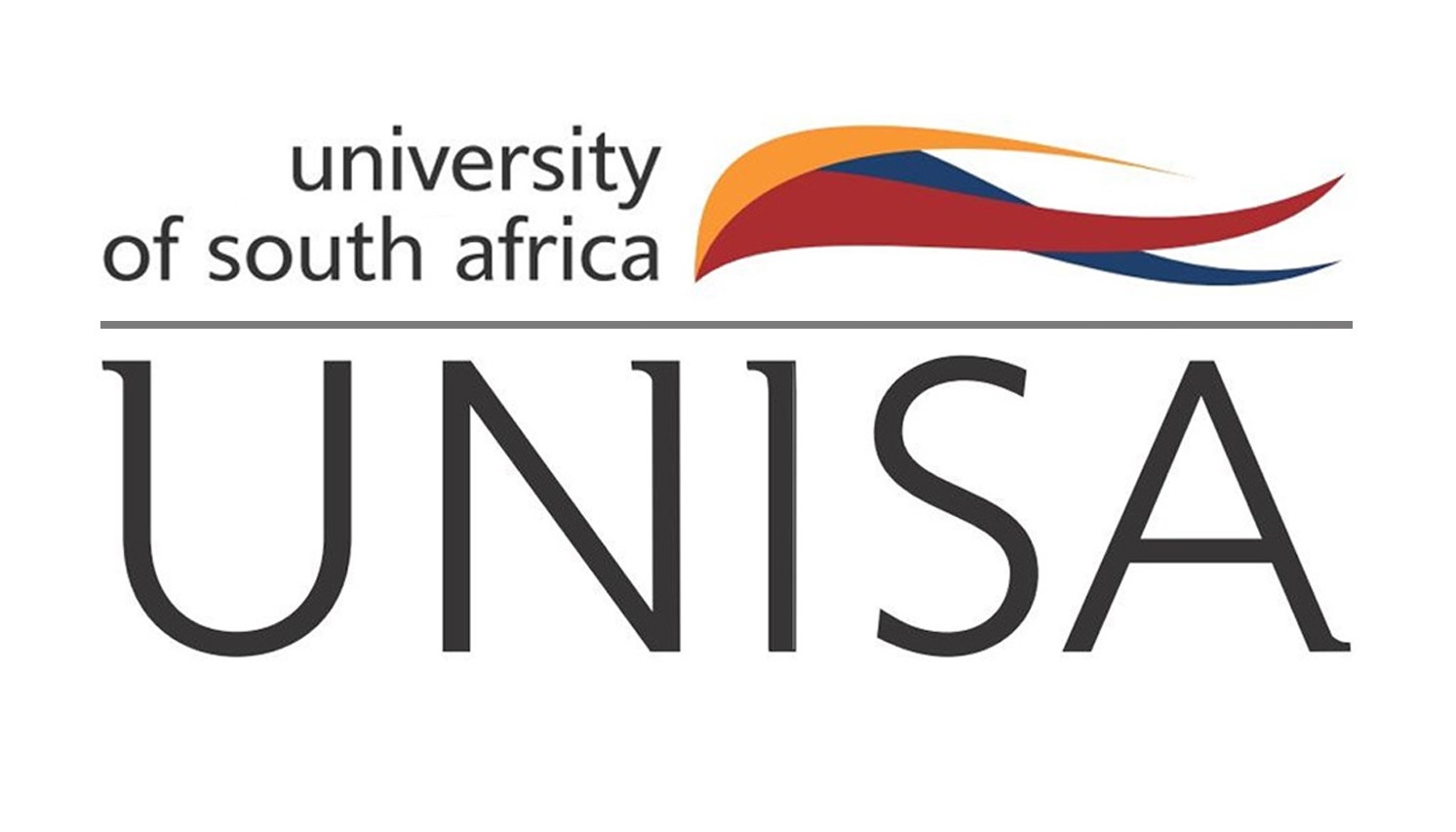Challenge
Distance learning poses many challenges to both students and institutions. The University of South Africa (UNISA) enrolls approximately one-third of all South African students, resulting in a diverse student body, many of whom have different understandings of academic integrity and varying levels of engagement in the learning process. Additionally, many of UNISA’s students work full-time, impacting their time management--which can also lead to shortcut solutions involving plagiarism. Erica Flinspach, Senior Integrity Officer and Turnitin Administrator knew she needed a scalable technology solution because “we do not have any personal contact with students and everything is done at a distance.” She adopted Turnitin Feedback Studio in 2008 as a way to address plagiarism “in order to protect the university” and “our values of academic integrity.”
Results
“We implemented Turnitin so that we can become a leading and high performing institution and have students who will be able to be leaders in their different environments,” says Flinspach.
The results have been palpable. Flinspach states, “Where there is active participation with Turnitin, there is a drastic change in the cases that we see of plagiarism. That has definitely diminished.” She adds, “One of the other things that I can also tell you is that we’ve prevented quite a number of unnecessary disciplinary hearings because we have Turnitin.”
Flinspach eventually advocated the use of Feedback Studio as a formative learning tool. “Initially,” she says, “Turnitin was used as a punitive measure to rule out plagiarism and I championed using Turnitin as a teaching tool to encourage original work.”
“Students need feedback,” says Flinspach. “If you do not give feedback on the work that has been done, students do not identify problem areas.”
But in the scope of online distance learning, the demand for feedback can overload teachers who have to provide comments via email or Microsoft Word for each individual student. Flinspach outlines the challenges of distance learning, stating, “You need to give more intense support at a distance than you would where there is an actual lecturer presenting where they can ask interactive questions.”
Feedback Studio has helped mitigate these challenges for faculty and students. With Feedback Stu- dio, Flinspach says, “Supervisors can leave specific comments online for the students because they do not always have the privilege to speak to the student, not even telephonically. I especially like the voice option that is available, so that the supervisor can leave a message.”
The results are noticeable. “We can see improvement in language. We can see there is growth in the vocabulary of a specific student.” And, says Flinspach, this learning is achieved through unbiased methods, because Feedback Studio looks at the document and not the student, encouraging teach- ers to say, “‘As the programme addresses only the document, so should you. Address the document and see how, through that process, you can cultivate academic culture and sound academic integrity methods,”’ rather than just seeing the mistakes that the students make.
![[1112270580394100.jvy0xzunbjrm0mflsao2_height640:MEDIASTORE_LEAF]@6505beae](../assets/images/resources-1/image-block-images/1112270580394100-jvy0xzunbjrm0mflsao2-height640.jpg)
Supervisors can leave specific comments online for the students because they do not always have the privilege to speak to the student, not even telephonically. I especially like the voice option that is available.
![[meaf_flinspach:MEDIASTORE_LEAF]@45a0976](../assets/images/resources-1/image-block-images/meaf-flinspach.jpg)
We implemented Turnitin so that we can become a leading and high performing institution and have students who will be able to be leaders in their different environments.



